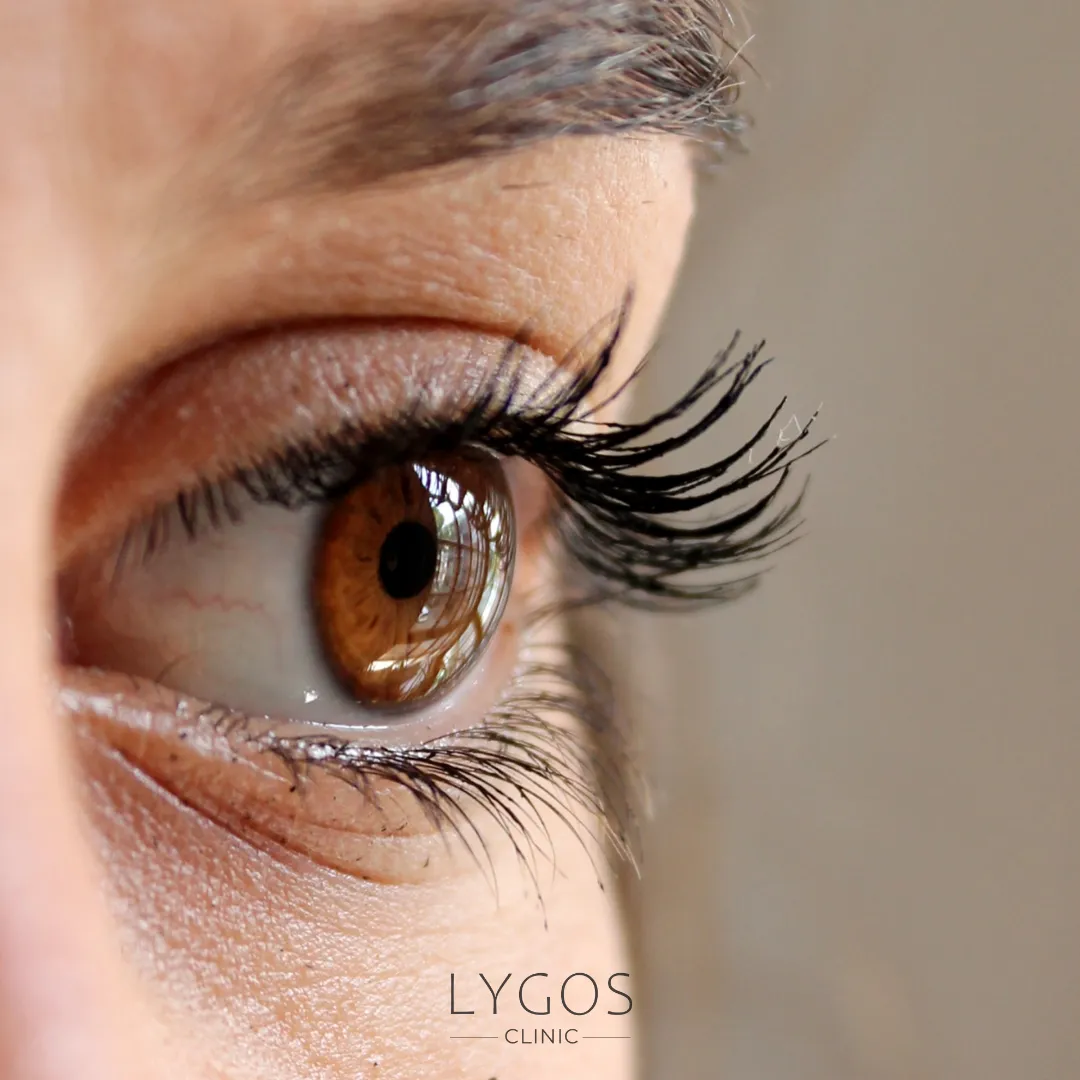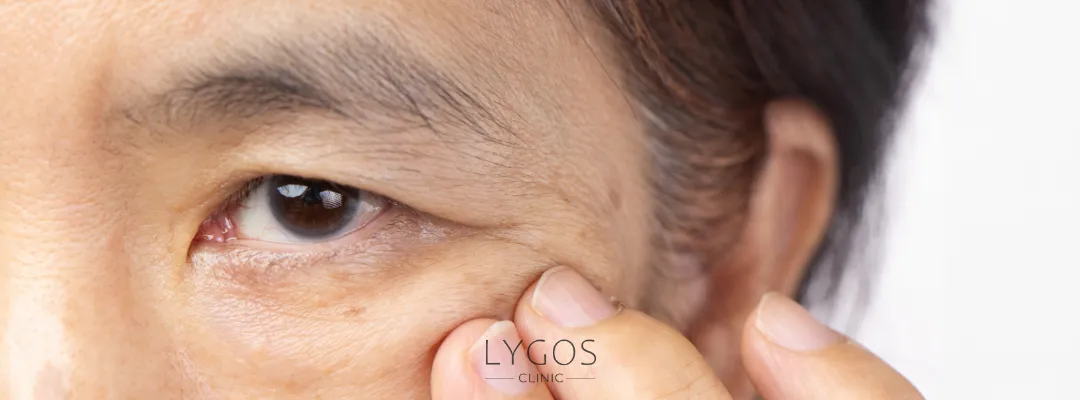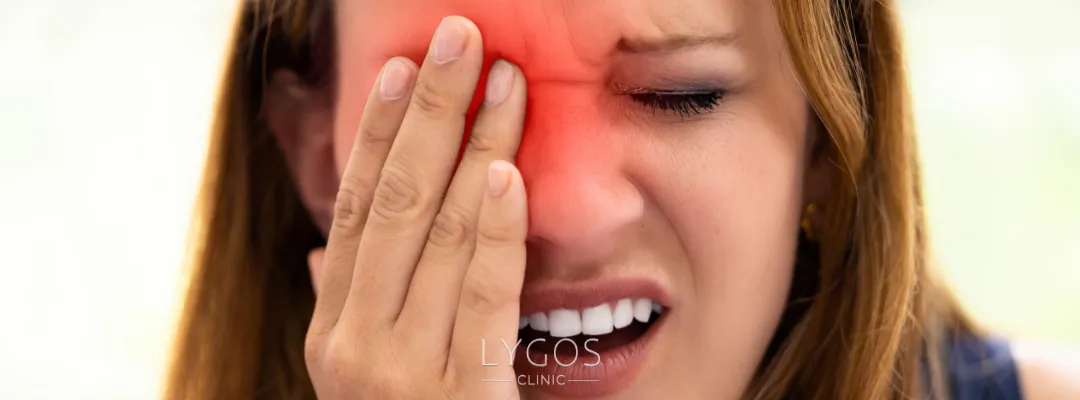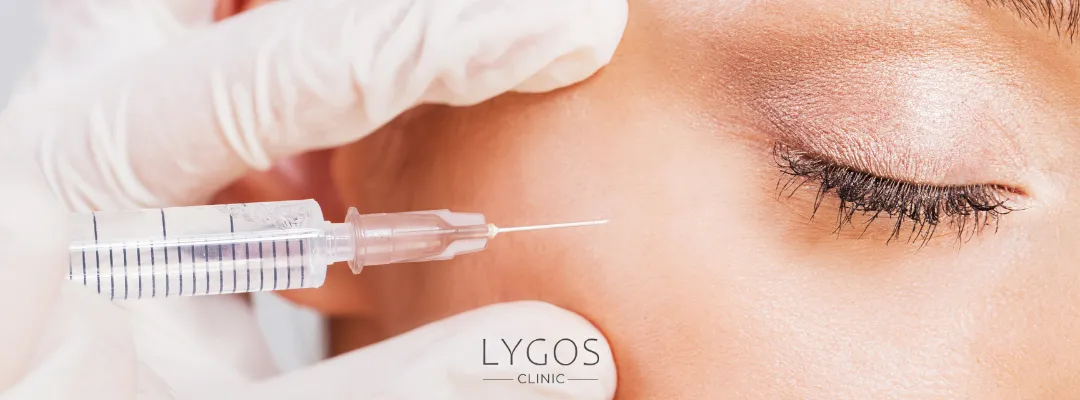Eye Twitching | Eye Twitching Symptoms | LYGOS 2025

What is Eye Twitching?
Myokymia, commonly referred to as eye twitching, is an involuntary spasm that occurs in the muscles of the eyelid, usually in either the upper or lower eyelid. Eye twitching is generally harmless, but when it becomes frequent, it can be both irritating and concerning. Many people wonder, “What causes my eye to twitch?” Eye twitching usually results from stress, fatigue, or eye strain, and it may come and go on its own without any need for treatment.
Eye Twitching Symptoms
Symptoms generally include small, repetitive muscle movements in either one or both eyelids. These involuntary movements can vary in duration, lasting from seconds to minutes, and may happen intermittently. Common eye twitching symptoms include:
- Mild spasms or flickering in one or both eyelids
- Periodic, uncontrollable twitching lasting a few seconds to minutes
- Slight sensitivity around the affected eye
Most people experience eye twitching at some point, especially during periods of high stress, caffeine consumption, or lack of sleep. In rare cases, chronic eye twitching may indicate more serious neurological conditions.
Eye Twitching: Why Does It Happen?

While the precise cause of eye twitching is often unclear, various factors can potentially lead to this condition. Some common causes include:
- Stress: High stress levels may create muscle tension, which in turn can cause the eye to twitch.
- Fatigue: Poor sleep or long hours without rest can strain the eye muscles.
- Eye Strain: Prolonged screen use without regular breaks can also lead to twitching.
- Caffeine and Alcohol: High caffeine or alcohol intake has been linked to an increase in eye twitching.
- Nutritional Deficiency: A deficiency in essential nutrients, particularly magnesium, may result in muscle spasms, including twitches in the eye.
- Dry Eyes: Individuals with dry eyes may notice twitching as a result of surface irritation.
- Allergies: Allergic reactions can cause itching, swelling, and even due to the body’s response to irritants..
Though occasional twitching is typical, persistent symptoms may indicate an underlying condition like blepharospasm or hemifacial spasm, warranting medical evaluation.
How to Stop Eye Twitching

Stopping eye twitching depends on identifying its root cause. Here are some practical strategies to help manage and lessen eye twitching:
- 1.Lower Stress: Managing stress levels can reduce twitching. Since stress is one of the primary triggers, finding ways to relax, such as practicing mindfulness or taking breaks during stressful times, can help alleviate.
- 2.Get Sufficient Sleep: Fatigue is a common cause of eye twitching. Aim to get around 7-8 hours of restful sleep nightly.
- 3.Limit Screen Time: Reducing time spent on digital devices and taking regular breaks can prevent eye twitching caused by eye strain.
- 4.Cut Back on Caffeine and Alcohol: Cutting down on coffee, energy drinks, and alcohol can help reduce eye twitching episodes, as these substances can overstimulate the nervous system.
- 5.Stay Hydrated and Eat a Balanced Diet: Proper hydration and a nutrient-rich diet are important in preventing muscle spasms. Ensuring you consume a diet rich in minerals like magnesium, potassium, and calcium can help prevent muscle spasms, including those affecting the eye.
- 6.Apply Warm Compresses: Applying a warm compress to the affected eyelid can help relax the muscles, providing relief from eye twitching.
- 7.Use Lubricating Eye Drops: For those experiencing disease due to dry eyes, lubricating eye drops can reduce irritation and ease the twitching.
Eye Twitching Treatment
If lifestyle adjustments do not help in stopping eye twitching, medical treatments are available, particularly for persistent or chronic twitching. Here are some treatment options:
- Medications: Certain medications, such as muscle relaxants, may be prescribed for individuals with chronic eye twitching due to neurological conditions.
- Physical Therapy: Therapies aimed at relaxing the facial muscles may also help in managing eye twitching for some individuals.
- Surgical Intervention: In rare cases where eye twitching does not respond to other treatments, a surgical procedure called myectomy may be considered. This procedure removes certain muscles or nerves around the eyelid to prevent twitching.
Botox for Eye Twitching

For severe cases of eye twitching, especially those involving chronic spasms or blepharospasm, Botox (botulinum toxin) injections are an effective option.
- Immediate Relief: Most people experience a reduction in eye twitching within a few days of treatment.
- Long-Lasting Results: Results typically last between three to four months, making Botox a viable option for chronic cases.
- Minimal Side Effects: Botox injections have minimal side effects when administered correctly by a qualified professional.
While Botox is not a permanent solution, regular injections can keep chronic eye twitching under control. Consulting an ophthalmologist or neurologist can help you decide if Botox is a suitable option for your needs.
You can click on the link to follow our social media content.


